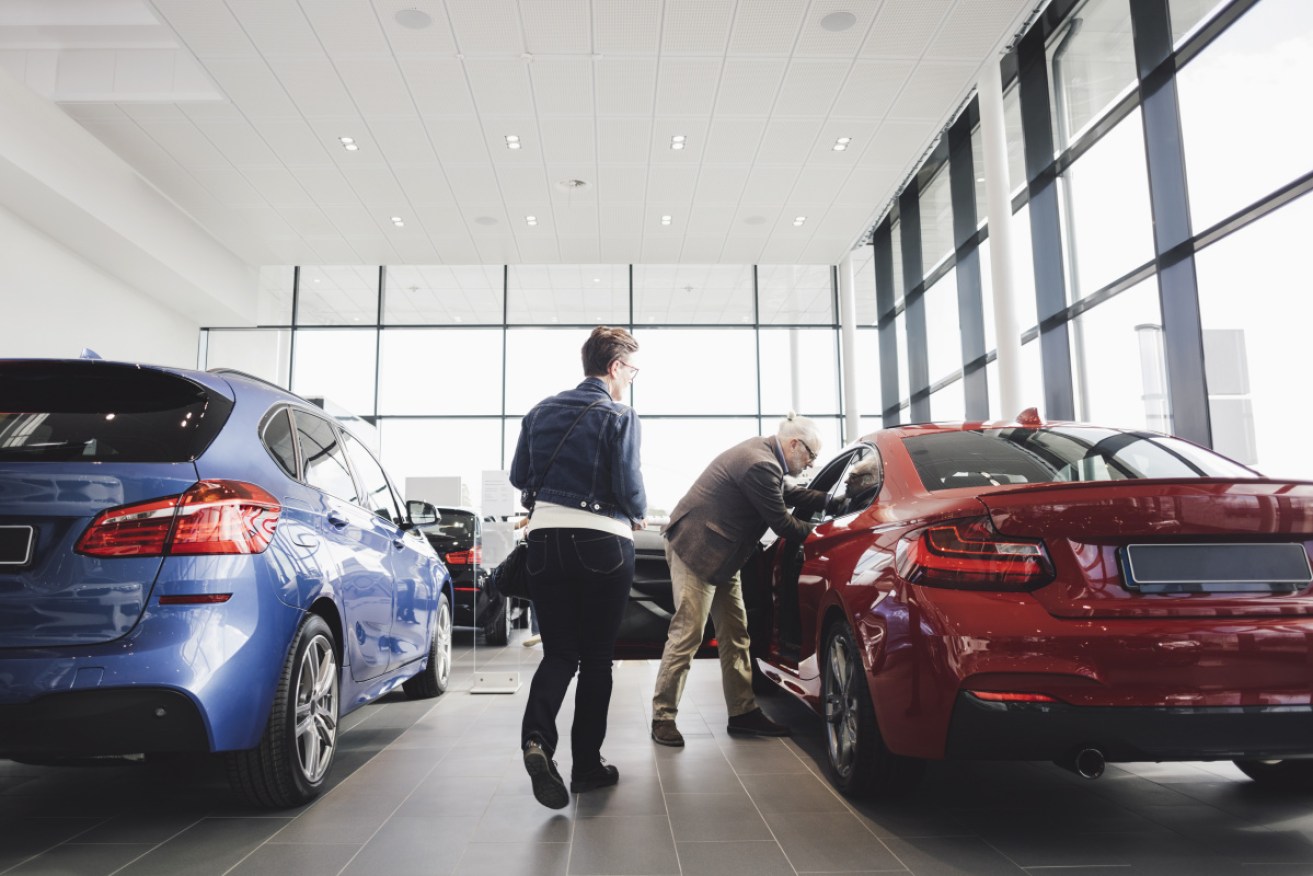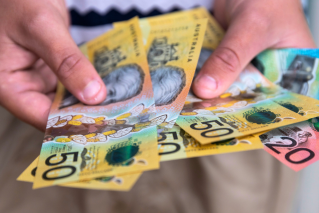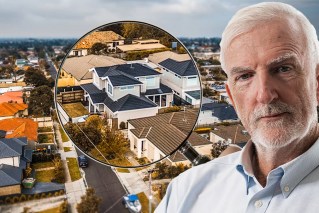Car advice: Seven simple tips for buying your next vehicle


Research is key when it comes to buying the right car. Photo: Getty
It can be easy to be swayed by gimmicks or fall victim to high-pressure tactics when buying a new car. But there are some simple tips you can take to ensure you get the right ride for the right price.
RACV senior vehicle engineer Nicholas Platt advises buying the car with the best safety features you can afford and to base your decision on your needs, rather than being influenced by superficial factors.
“Be very objective about what the car delivers for you; don’t necessarily buy it because your friend has got one, or [because] it’s a nice colour or got some whizz-bang gimmick,” he said.
“Don’t be pushed by salespeople into making decisions that are outside what you wanted.”
Here is a step-by-step guide to help you buy your next vehicle.
Clarify your needs
The first step is to be clear about how you will use your vehicle.
For example, a small car might be perfect if your household needs a second car to run errands, while a growing family might consider an SUV.
Do you like taking road trips? Then you’ll need a car with decent cargo space.
Set a budget
To work out the cost of your new vehicle, consider things like your preferred interior, engine and wheels and use ‘build your own car’ tools on manufacturer websites.
Manufacturers must provide a ‘drive away’ price that includes state taxes and registration fees.
Remember, there are significant savings to be had if you buy a demonstration model that has only travelled a short distance rather than buying a new car.
If you don’t have the savings or proceeds from the sale of another vehicle to pay for your car with cash, then you’ll need to shop around to find the best finance option.
You can buy a car on finance from a dealership, take out a loan with a bank or purchase a car on a novated lease, which is when your employer reduces your pre-tax income by the total rent and running costs of a car.
Consider fuel efficiency
This may sound obvious but set and stick to a budget and remember, larger cars are more expensive to run.
Manufacturer websites list the fuel economy and carbon emission figures for their models.
You can also compare the fuel efficiency of different models on the federal government’s Green Vehicle Guide website.

Car sales have soared during the pandemic as people steered clear of public transport. Photo: Getty
Do a safety check
Mr Platt said safety systems like electronic stability control are now mandatory and it’s also worth checking whether the car has blind spot monitoring and lane departure warning systems.
Automatic braking has become a standard safety feature in many new cars, even in cheaper vehicles, he said.
You can check the crash safety rating of the car on the Australasian New Car Assessment Program (ANCAP) website.
Visit a new car showroom
If you have completed all of the above steps, now you are ready to visit a dealership or showroom, and not a moment before.
“Go in there with the research already done before you go to a showroom,” Mr Platt said.
“You should consider going to the showroom as really just a confirmation, rather than where you make your decision.”
Stay strong
Mr Platt suggested taking a trusted friend or someone with a good knowledge of cars with you to a dealership or showroom to help you remain objective.
He warned not to fall victim to high-pressure sales tactics and be willing to walk away as a method to get a better price.
“They can try and pressure you to sign there and then by presenting you with a deal that’s only available for today,” Mr Platt said.
“They will say if you don’t get it today we can’t offer you the same deal and that is by and large a lot of nonsense.”
Consider second-hand vehicles
Mr Platt said when buying a second-hand car you should always have it professionally inspected, adding that poorly fitting panels or mismatched paint can indicate the car has been in a serious crash.
Engine oil, transmission fluid and coolant leaks might mean the car has been poorly maintained, he said.
“A car with higher mileage that has been carefully maintained, washed every weekend and regularly serviced might be a better buy than one with lower mileage but a poor service history.”








